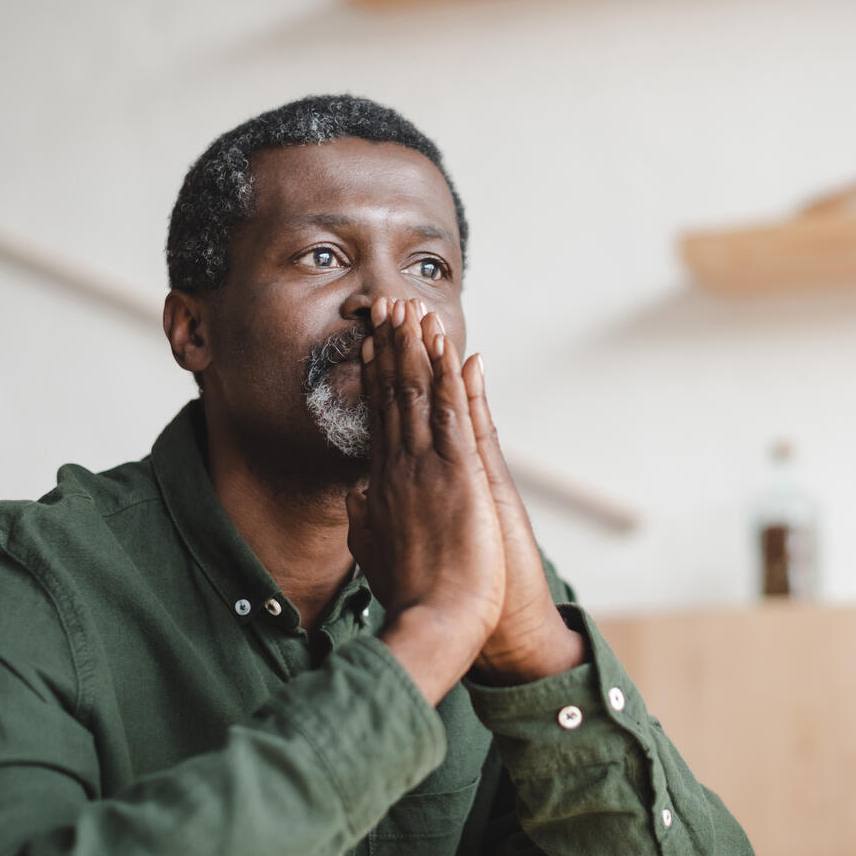-
Diversity
The importance of prioritizing mental health for the LGBTQ+ community
People who identify as LGBTQ+ are at greater risk of experiencing mental health conditions, according to the National Alliance on Mental Illness. In this Mayo Clinic Minute, Dr. Jennifer Vencill, a Mayo Clinic psychologist, explains how added stressors can put members of the LGBTQ+ community at higher risk and what steps they can take to prioritize their mental health.
Watch: The importance of mental health
Journalists: Broadcast-quality video (1:39) is in the downloads at the end of this post. Please courtesy: "Mayo Clinic News Network." Read the script.
When it comes to mental health, Dr. Vencill says the concerns of people in the LGBTQ+ community are no different from anyone else, with one key difference.
"Anxiety, depression, stressors and relationships with families, that they can be exacerbated for people in the LGBTQ community because of their marginalized sexual and gender identities," she says.
It's known as minority stress.
"These are stressors that LGBTQ folks are facing that heterosexual folks don't necessarily have to think about, right? Can I hold my partner's hand in public without safety risks, right? Am I going to be misgendered? Or is somebody going to use the wrong name when I go to a doctor's appointment?"
Dr. Vencill says these added day-to-day stressors can add up significantly over time, which can lead to more mental and even physical issues.
"If mentally you are struggling because of anxiety, depression, other stressors in your life, it can actually exacerbate physical symptoms, and vice versa," says Dr. Vencill.
She says to make mental health a priority, which can start by finding a solid support system.
"Having supportive people in your life, whether that's family or chosen family, partners, that really plays a huge buffering role."
It's also important to find a supportive healthcare professional you can trust.
"The research is really clear that LGBTQ folks oftentimes have to educate their healthcare providers about what it means to be part of that marginalized community. This is particularly true for trans and gender-diverse folks who might be seeking medical care," says Dr. Vencill.
She also recommends taking advantage of free mental health resources offered by many nonprofit organizations.
Related posts:
- "Mayo Clinic Minute: Why it's important to help kids who identify as LGBTQ+ and may be struggling"
- "Addressing cancer concerns in the LGBTQ+ community"







